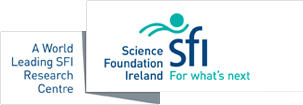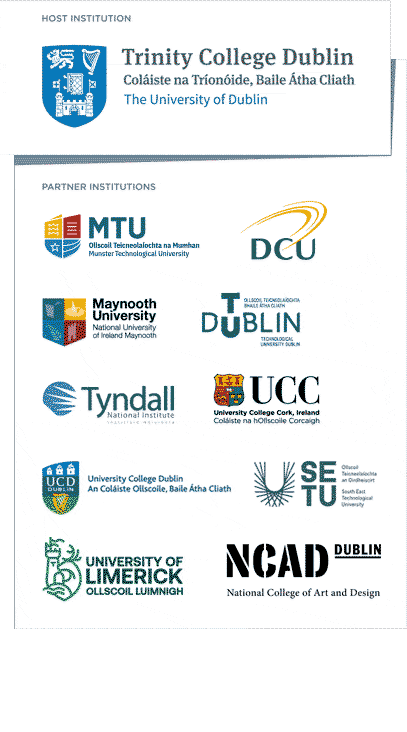Dr Ivan O’Connell is a CONNECT Funded Investigator at Tyndall National Institute in Cork.
How did you get to where you are?
I originally graduated from electrical engineering in UCC and joined an investment bank UBS Warburg Dillion Read in London. At the time quite a number of people from electrical engineering went into banking. I was there with three of my classmates. We all joined on the same day at the same bank. After a year there and having completed a two-month Graduate Training Programme in Singapore, I decided to return to Cork to do a PhD in microelectronics. I came back to what was then the NMRC, which is now Tyndall National Institute. While investment banking is very exciting and fast-paced, especially as you’re dealing with people all over the world, it didn’t provide me with the technical challenges I required on a day to day basis.
Why the move from banking to research?
Banking was an opportunistic career move, really. The opportunity came up and I just went for it partly because of the opportunity to travel and live in London, and to work in a fast-moving and exciting industry. Moving to London was very interesting and very appealing. I completed an extensive graduate training programme at the bank and spent a number of months in Singapore working on an IT platform supporting the international trading of fixed income derivatives (government debt and bonds).
I worked with the traders there and the company’s proprietary trading programmes. After a while I suppose I wanted something a bit more technical. That’s when I decided I was ready to come back and do a PhD.
What advice would you give to someone considering a PhD?
What I always say to people is that a PhD is like a religion. You do it because you believe in it! It has to be something that you’re passionate about. It takes 10,000 hours to become an expert in any field and a PhD gives you that opportunity to spend ten thousand hours becoming an expert in an area which you love. A PhD enables this. In terms of academic versus industry, there is no right or wrong answer. It depends on the opportunities that arise.
What are you doing now?
I am a Principal investigator with the Microelectronics Circuits Centre (MCCI) in Tyndall National Institute, where I lead a team of 20 students and researchers in the area of microelectronics. In this role, I collaborate closely with industry to find innovative solutions for their next generation of products. I recently applied for funding through Science Foundation Ireland to do what is called an I-Corps programme with the National Science Foundation in the US. This is an entrepreneurial training programme, and we applied the learnings from this to our pen-side BVD (Bovine Viral Diarrhoea) Sensor. Today nearly all animal health diagnostics is laboratory based – a blood sample is taken and sent off to the lab. Then 7-10 days later a result comes back in the post, at which stage, the animal is either already cured or dead. This means that the results of the test are rarely acted upon. Our technology will enable a test result to be ready pen-side, i.e., in less than 5 minutes. This enables the vet and farmer to take the appropriate treatment option there and then. This reduces the antibiotic usage, reduces loss and will result in healthier animals.
As part of the I-Corps programme, we got the opportunity to validate the need for rapid pen-side diagnostics. We were over and back to the US quite a lot visiting customers. As part of that we visited all the dairy farmers in San Diego and medical diagnostic laboratories in Texas.
It was a fantastic experience.
Any more career advice?
People have to be true to themselves in terms of what interests them because if you don’t it will catch you out in five year’s time. Life is precious if you go into a role that you don’t really enjoy, that’s what will catch you.
CONNECT is the world leading Science Foundation Ireland Research Centre for Future Networks and Communications. CONNECT is funded under the Science Foundation Ireland Research Centres Programme and is co-funded under the European Regional Development Fund. We engage with over 35 companies including large multinationals, SMEs and start-ups. CONNECT brings together world-class expertise from ten Irish academic institutes to create a one-stop-shop for telecommunications research, development and innovation.
Humans of CONNECT


